
Read or listen offline
Amazon KindleRecommendation
Since the day Jack Welch tapped Steve Kerr to lead General Electric’s learning programs, other top companies have also named chief learning officers and put them to work. Authors Tamar Elkeles and Jack Phillips explain how corporate training has changed, what companies have gained from the CLO managerial approach and how you can garner these benefits for your company. They keep things practical, clear and concise by using many charts, bullet points, tables and explanatory graphics. The book also provides real-world business stories and instructive quotes from successful CLOs. In the last chapter, several corporate learning professionals who are actual heroes explain significant issues they have conquered. Since the profession of being a CLO is still growing, getAbstract recommends this worthwhile introduction to what a CLO should accomplish. The book also helpfully explains what a solid learning department should do to fulfill its teaching mission and to align well with corporate management.
Summary
About the Authors
Tamar Elkeles, Ph.D., is vice president of learning and development at Qualcomm, where she created the learning center in 1992. Jack Phillips, Ph.D., chairman of the ROI Institute, managed development and training at two Fortune 500 companies.







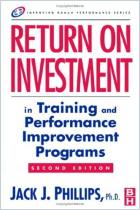

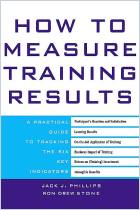
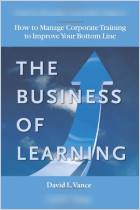
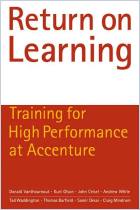

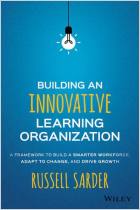
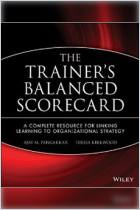




Comment on this summary or Comenzar discusión